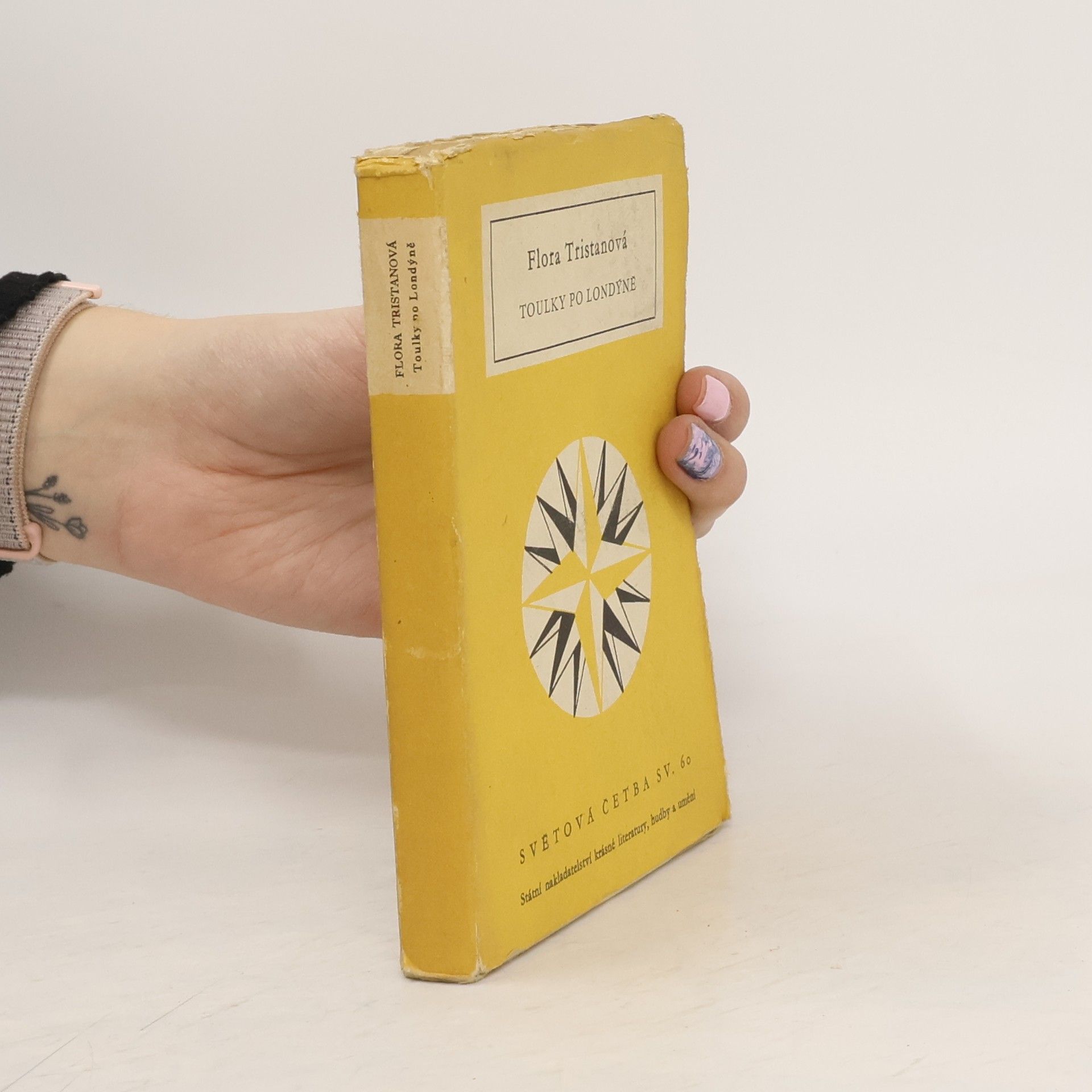Social critic, author of the famous London Journal, ardent socialist and feminist, Flora Tristan (1803-44) earned in her lifetime a notoriety not just for her writings on politics but for the personal revelations contained in her remarkable Peregrinations of a Pariah. It is the story of her visit to Peru in 1833-34 to claim a share of her father’s family fortune. In that respect the mission failed, but the journey inspired some marvelous of a five-month voyage around the Cape in the Mexicain, whose charming, Captain Chabrié proves a suitor of unflinching zeal; of her uncle Don Pio, patriarch and politician; of her extraordinary role as intermediary between factions involved in Peru’s revolutionary struggle. Peregrinations is a personal odyssey and travelogue combine in a brilliant portrayal of a woman’s journey towards independence.
Flora Tristan Libri
7 aprile 1803 – 14 novembre 1844



Toulky po Londýně - poutavé reportáže z aristokratické Anglie. Kniha obsahuje Putování zavržené - vzpomínkové črty z cest, ve kterých autorka kritizuje polofeudální řád Jižní Ameriky.